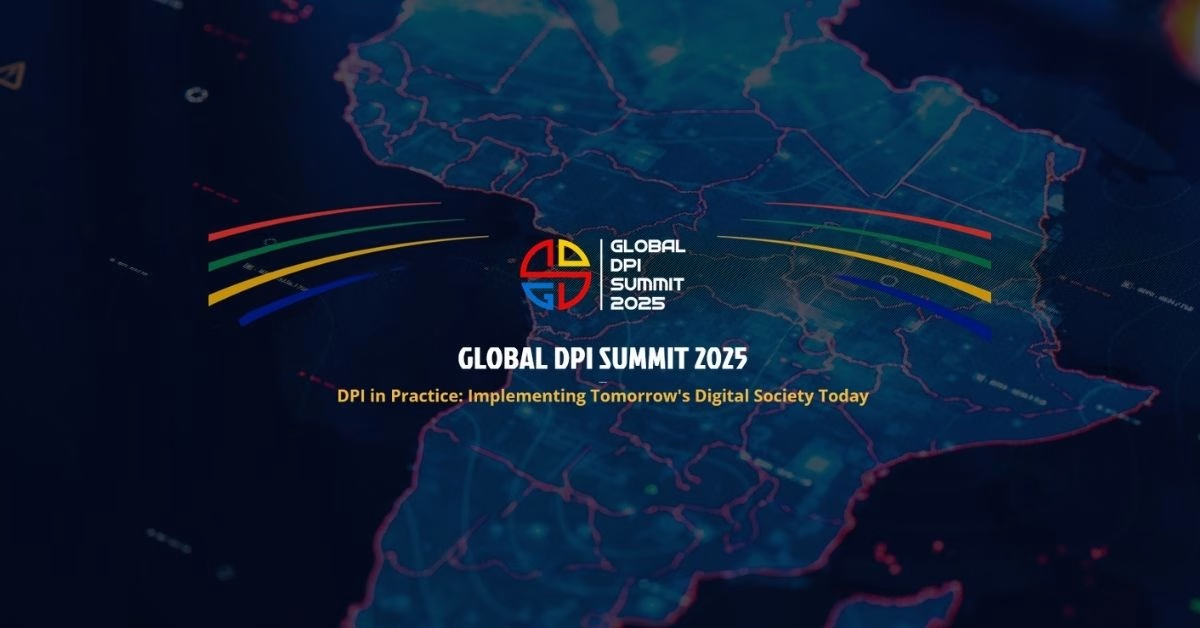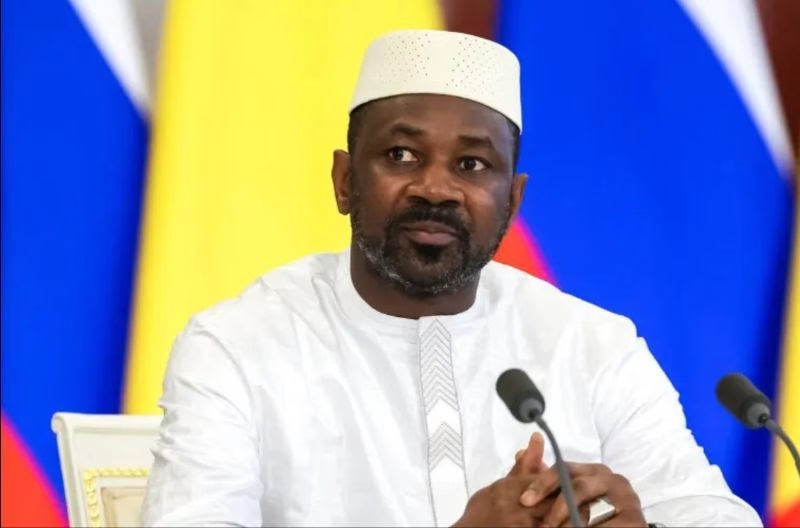- By Nomathamsanqa Masiko-Mpaka | Researcher | HUMAN RIGHTS WATCH
- PHOTO: Community members protest against gender-based violence in Vlakfontein, South Africa, August 25, 2021. © 2021 Sharon Seretlo/Gallo Images via Getty Images
“The problems we are experiencing in our village are rape, killing and general lawlessness that has reached crisis proportions. People are raped, killed, shot, and their livestock stolen. There are two women in the village that were raped, after two months they are raped again, after another three months they are raped. The situation has become so bad that several families have abandoned their homes in fear for their lives.”
These words of Nogcinile Mtirara, a 70-year-old woman and a member of the AbaThembu Royal House in Mqhekezweni, paint a grim picture of the lives of residents of Mqhekezweni, a village about 40 kilometers from Mthatha in the Eastern Cape. Hearing these words, I oscillated between outrage, anger, and anguish for the women who have been raped, some repeatedly, and the perpetrators rarely, if ever, brought to book.
I spoke to Mtirara and others as part of Human Rights Watch’s investigation about access to justice for sexual violence.
Once described as “a magical kingdom” and “delightful” by Nelson Mandela, who spent his formative years in Mqhekezweni, today the village is battling high rates of house robberies, petty crime, stock theft, murder and, as Mtirara points out, rape.
Sexual violence is widespread, endemic, and an enduring nightmare for women in South Africa. More than 100 women were raped each day from April to June this year alone, according to latest police crime statistics. More than 1,100 women and children were murdered during the same period. The World Population Review for 2023 ranks South Africa among the top six countries with the highest femicide rates worldwide.
Although I was aware of the distressingly high rates of sexual violence in the country, what shocked me were recent media reports of a new phenomenon in the village of Mqhekezweni. There, women are allegedly forced by criminals to pay a “protection fee” to shield themselves from being raped. The Bityi police precinct, the closest police state to Mqhekezweni, says they have received no reports of these kinds of cases but village reisdents are talking about it. Warrant Officer Majola Nkohli, the Eastern Cape’s spokesperson, told Human Rights Watch that the police are aware of the extortion allegations in media reports, but have no sworn statements from any victims. He did say the Bityi station commander will hold discussions with the villagers and encourage them to report cases they are aware of.
Mqhekezweni’s residents, particularly women, lamented several issues that compound their vulnerability, including inadequate street lighting and the location of police stations. The distance to the nearest police station, the first point of entry of a case into the criminal justice system, is a huge barrier to getting justice. Bityi is about 25 kilometers from Mqhekezweni.
As one woman points out: “The police station is far, and we have a problem with poor road infrastructure. If there is a crime and you need the police to come, they will say the police vehicle is in another village, so you must wait, sometimes for days.”
The issue of the Bityi police station being under-resourced has come under scrutiny. The station services 62 villages, including Mqhekezweni, Mvezo, Qunu, Xongorha, Xwili, and Mpunzana, but does not have enough vehicles and officers to police all areas in its jurisdiction.
On August 26, 2023, Eastern Cape Premier Oscar Mabuyane held an imbizo at the national heritage site of Mqhekezweni Great Place. Police Minister Bheki Cele used the occasion to deliver two police vans to Bityi police station. Minister Cele also spoke of plans for the station to be upgraded, which, he said, would translate into more police visibility on the ground, as well as more resources being allocated to ensure effective and meaningful intervention to curb crime in the area.
It is my hope that the commitments made by Minister Cele are not part of a public relations exercise for Women’s Month, but rather a genuine and concerted effort to address the concerns of the residents of Mqhekezweni, particularly the most vulnerable – women and children.
The Constitution’s Bill of Rights enshrines the rights of all people in our country and affirms the democratic values of human dignity, equality, and freedom. The 2020 National Strategic Plan on Gender-based Violence and Femicide aims to provide a multi-sectoral, coherent strategic policy and programming framework to strengthen a coordinated national response to the crisis. Yet, implementation has been scant.
Protection against violence is a human right that is often elusive – and is compounded in rural contexts. South Africa’s authorities need to urgently address the gap between the promises of the Constitution and other pieces of legislation that seek to address violence against women and the realities of women, marginalized people and those living in rural areas.











